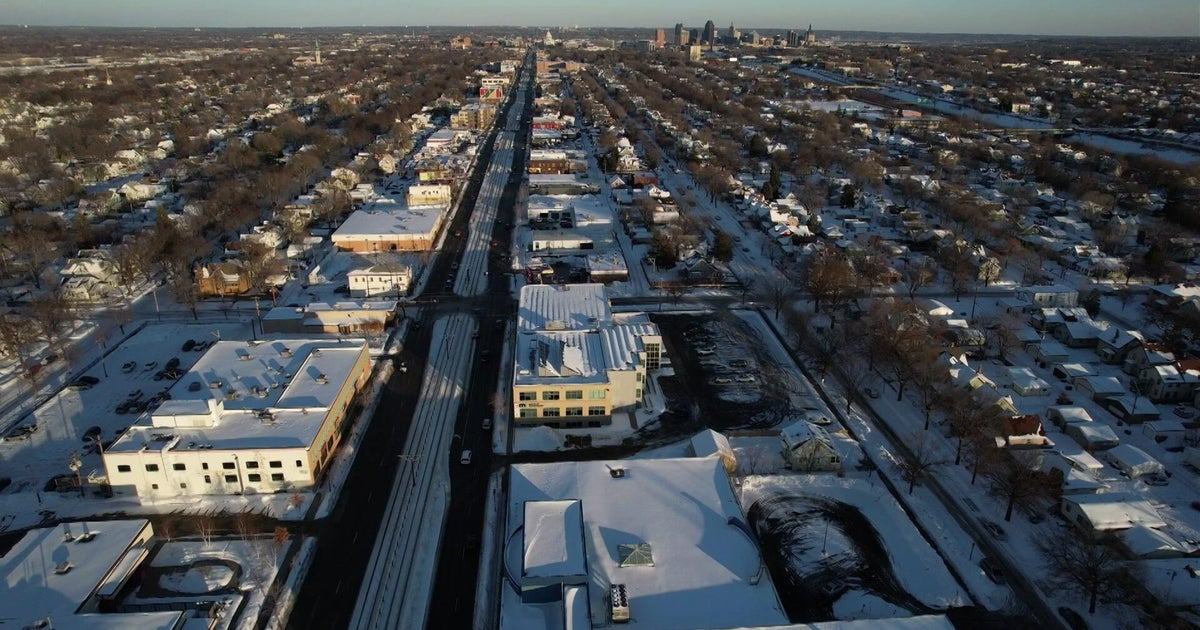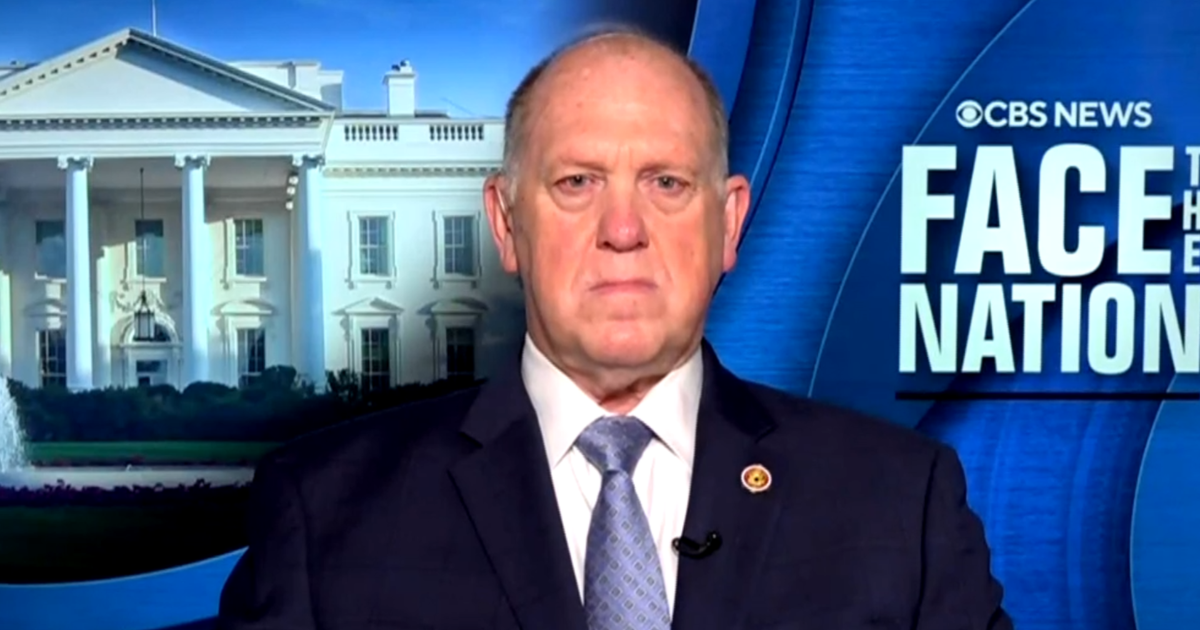Gottlieb says U.S. could near 4,000 deaths a day as virus surges
Washington — With infections and deaths from the coronavirus surging nationwide, Dr. Scott Gottlieb, former commissioner of the Food and Drug Administration (FDA), warned Sunday it's likely the pandemic will continue to worsen in the coming weeks and predicted the U.S. could reach nearly 4,000 deaths per day in January.
"As bad as things are right now, they're going to get a lot worse," Gottlieb said on "Face the Nation." "I think by the end of the year we'll be at about 300,000 deaths and by the end of January we could be pushing 400,000 deaths. We're going to see consistently probably 2,000 deaths per day and as we get into January toward the peak, we're going to see over 3,000 deaths per day unfortunately, and maybe get close to 4,000 deaths per day. So this is going to get a lot worse before it starts to resolve."
As of Sunday, there have been nearly 14.6 million confirmed coronavirus cases in the U.S. and more than 281,000 deaths, according to Johns Hopkins University. But public health officials are warning the American people should brace for a devastating winter, and Centers for Disease Control and Prevention Director Dr. Robert Redfield predicted Wednesday the number of deaths could rise to 450,000 by February.
Gottlieb conceded there is a "worsening situation around the country" and said the pandemic will worsen in the next four to six weeks, with a peak in deaths and hospitalizations coming around mid-January.
"There's a grim future right now ahead of us in the next six weeks," Gottlieb said. "People really need to protect themselves."
The spike in coronavirus infections and deaths comes as two pharmaceutical companies, Pfizer and Moderna, are awaiting approval from the FDA for their COVID-19 vaccines after studies showed their shots offered strong protection against the virus.
Members of Operation Warp Speed, the Trump administration's initiative focused on vaccine development and distribution, expect the first shipments of Pfizer's vaccine to be rolled out by mid-December if the FDA grants an emergency use authorization.
Pfizer and Moderna are expected to provide roughly 40 million doses of their vaccines by the end of the year, which would immunize up to 20 million people with two doses.
Gottlieb, though, said he would be "trying to push out as much vaccine as possible," knowing the supply ramps up quickly in 2021.
"This is a crisis. We need to get as many vaccines in arms as possible in my view, and that means pushing out all the available supply or most of it," he said.
While Pfizer and Moderna are still awaiting approval from the FDA, the U.K. became the first country in the West to approve a coronavirus vaccine — Pfizer's, developed in partnership with Germany's BioNTech — for public use, with distribution expected to begin this week.
The move from the U.K. brought criticisms that the FDA was moving too slowly with approval of Pfizer's shot.
Gottlieb said the health agency he once helmed made "deliberate decisions" that slowed the process, including having an open advisory committee to inspire public confidence and requiring manufacturers have at least two months of safety data on 50% of patients before seeking an emergency use authorization.
"There [are] sound reasons why the FDA did that. They wanted to provide a greater degree of public assurance, and also get a better look at the data," he said. "But it did delay this by a couple of weeks at least. So we just have to accept that."



